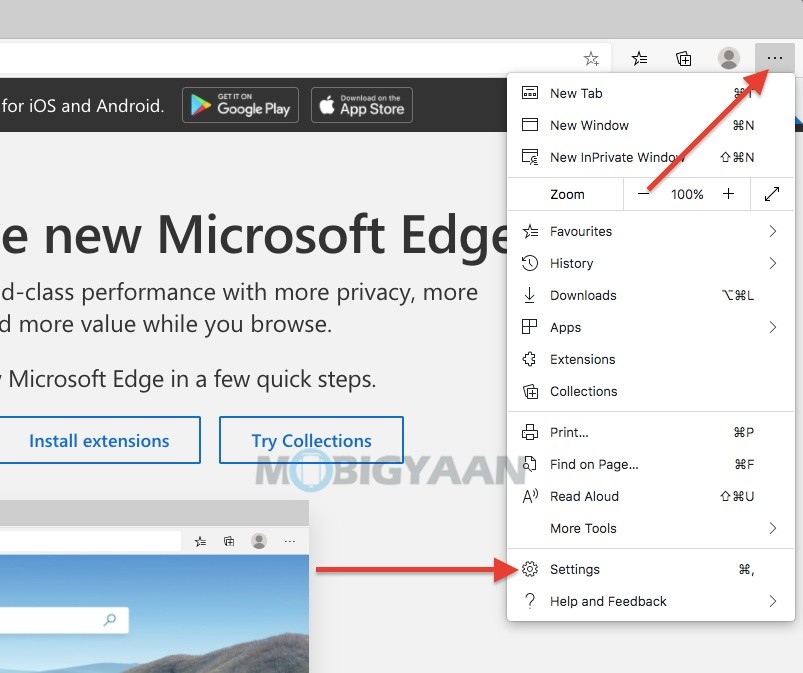

Iridium is based on Chromium, which is an open-source browser engine that is maintained primarily by Google. We'll also cover any unique features it has. We'll dive into the privacy and security features of Iridium here. This happens because Google's Safebrowsing component is enabled in Iridium by default.įunny side note - if you attempt to visit this domain via a browser, you get the following web page:įirst launch wasn't anything fancy, looks and feels just like standard Chromium:Ī blank page welcomes on first launch and every new tab thereafter. Once installation finishes, my Iridium install made a background DNS request to .Īccording to Iridium's FAQ, this domain ( ) is where the browser caches the information sent to Google's API for Safebrowsing. Installing Iridium on my Windows machine was easy and quick. Iridium is not available for mobile platforms such as Android and iOS. Additionally, Iridium doesn't appear to be very stable on Debian-based systems. NOTE: The Debian version is severely outdated. Supported Linux distros include: Debian, openSUSE, Fedora, and Red Hat/CentOS.

Iridium is available on Windows, macOS, and Linux. Nowadays, it's mostly maintained by a company called NETitwork GmbH, who appears to be some sort of IT vendor/support company. It's based on Chromium and one of its main focuses seems to be eliminating "phoning home" issues and reducing dependence on Google services/components within the browser itself. The Iridium browser's background isn't very clear.


 0 kommentar(er)
0 kommentar(er)
